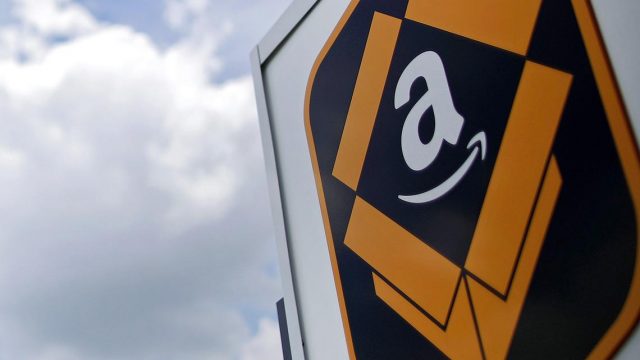We Shouldn’t Inflate the Cost of Government Just to Shop Local

In Ward County (Minot)the local government is grappling with a conundrum which really shouldn’t be all that controversial. Some county employees, motivated as they should be by a desire to be good stewards of taxpayer money, want the ability to shop at online retailers like Amazon for supplies.
The benefit of this is self-evident based on some of the examples provided at a recent meeting of the Ward County Commission.
Computer cables cost $10 each locally and $3 on Amazon. Another piece of equipment cost $500 to purchase locally and $149 online.
While price shouldn’t be the only consideration in these purchases – we want to make sure the equipment is of sufficient quality, and access to warranty and repair work is important too – it’s hard to ignore those savings. If an online purchase can help lower the cost of government it should absolutely be an option.
[mks_pullquote align=”right” width=”300″ size=”24″ bg_color=”#ffffff” txt_color=”#000000″]While we all want our communities to thrive, local elected leaders can probably do more to help that happen by keeping costs low than making fiscally unsound shopping decisions.[/mks_pullquote]
Not everyone agrees, however. “We need to encourage purchasing locally as much as possible,” John McMartin, president of the local Chamber of Commerce, told the Minot Daily. He argues that local businesses pay local taxes and employ local people, an argument which is less effective now that the Supreme Court has overturned the Quill precedent and made it legal for states like North Dakota to collect local sales tax from online retailers (though, I should note, that many retailers like Amazon were already collecting it).
Online retailers do pay local taxes now, though admittedly just the sales tax.
The Grand Forks Herald today editorializes in favor of shopping locally, even when an online purchase could save hundreds of dollars. “Public entities must understand the importance of shopping local,” they write. “An occasional purchase worth $500 on Amazon won’t close the doors of a local retailer, but the message it sends certainly won’t help.”
What message should local government be sending, though? While we all want our communities to thrive, local elected leaders can probably do more to help that happen by keeping costs low than making fiscally unsound shopping decisions.
Besides, it’s not like online retail is new. If public servants are finding better deals online you can bet the general public is too, and what they spend is collectively far more than the government’s budget for supplies.
Whether we’re shopping for ourselves, our businesses, or the local government, we should all be looking for the combination of price, quality, and service which best suits our needs. It’s up to the retailers, but local and online, to compete with one another in meeting those needs.
In a given situation, all things being equal, local governments should give preference to local businesses. But if there are advantages to shopping online, local governments should avail themselves, and spurned local merchants should figure out how better to compete.




